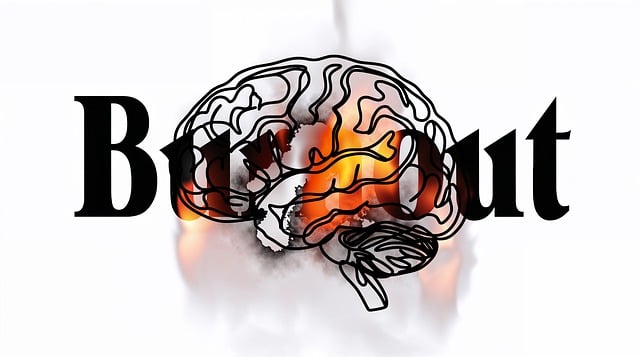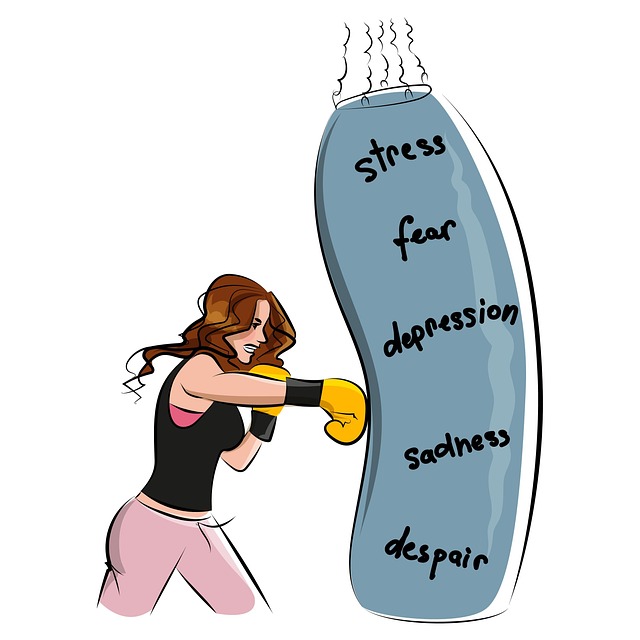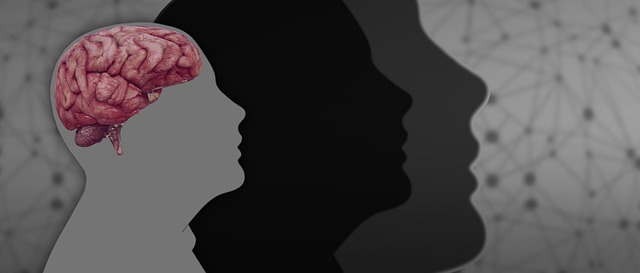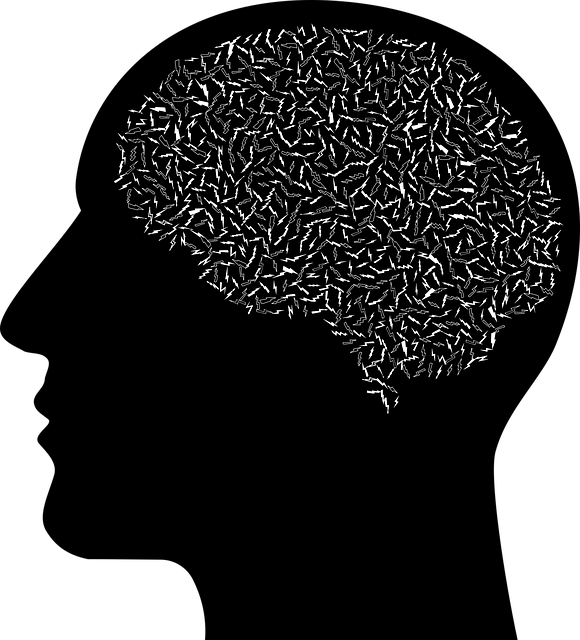Mental Health Crisis Hotlines serve as vital resources for individuals in emotional distress or experiencing early psychosis, offering immediate, confidential support from trained professionals. They connect people to specialized services like Lafayette Psychosis Therapy, which provides evidence-based crisis intervention and long-term strategies for resilience building through practices like compassion cultivation. These hotlines not only provide critical relief but also refer users to local support networks, fostering community and hope during crises. Post-crisis, Lafayette Psychosis Therapy focuses on prevention by offering holistic resources, including education and programs aimed at reducing stigma and promoting proactive mental well-being.
“Mental health crisis hotline support services play a pivotal role in assisting individuals navigating intense emotional distress. This article explores the significance of these resources, focusing on Lafayette Psychosis Therapy as a beacon of hope. We’ll delve into how hotlines provide immediate aid and facilitate long-term healing through expert counseling. Additionally, we’ll discuss strategies for accessing these services effectively and emphasize the importance of ongoing support in prevention. By understanding crisis hotline dynamics, including the expertise offered by Lafayette Psychosis Therapy, individuals can find the help they need.”
- Understanding Mental Health Crisis Hotlines
- The Role of Lafayette Psychosis Therapy
- Accessing and Utilizing these Services
- Beyond the Call: Long-term Support and Prevention
Understanding Mental Health Crisis Hotlines

Mental Health Crisis Hotlines serve as vital lifelines for individuals grappling with intense emotional distress or emerging psychosis. These 24/7 services provide immediate, confidential support through trained professionals who offer a listening ear and assess the caller’s needs. Key to their effectiveness is the combination of crisis intervention and referral to appropriate resources, whether it’s Lafayette Psychosis Therapy or community outreach programs that focus on compassion cultivation practices and positive thinking.
Hotline operators are equipped to handle a range of issues, from suicide prevention to managing acute anxiety or psychotic episodes. They serve as a bridge between emergency situations and ongoing therapy, offering immediate relief while guiding callers towards long-term solutions. Through these hotlines, individuals can access not only critical care but also information about available support networks, fostering a sense of community and hope during challenging times.
The Role of Lafayette Psychosis Therapy

Lafayette Psychosis Therapy plays a pivotal role in addressing mental health crises by providing immediate and specialized support. Their trained professionals are equipped to offer Crisis Intervention Guidance, utilizing evidence-based strategies to stabilize individuals experiencing severe emotional distress or psychotic episodes. Beyond acute care, Lafayette Psychosis Therapy focuses on fostering long-term well-being through Compassion Cultivation Practices, which help clients develop resilience and coping mechanisms.
The organization also contributes to the broader community by advocating for improved mental health services through Public Awareness Campaigns Development. By educating the public about recognizing and responding to mental health crises, they aim to reduce stigma and promote early intervention, ultimately saving lives and enhancing the overall mental health landscape.
Accessing and Utilizing these Services

Accessing mental health crisis hotline support services is a vital step towards overcoming difficult emotions and challenging situations. These hotlines are designed to provide immediate assistance and guidance, offering a safe space for individuals to express their concerns. Many services operate 24/7, ensuring help is available whenever needed, whether it’s during the day or in the quiet hours of the night. To reach these helplines, one can typically dial a dedicated phone number, where trained professionals will assess the situation and offer appropriate support.
Utilizing these resources effectively involves being open about one’s feelings and providing as much detail as possible to help the operator understand the nature of the crisis. From discussing symptoms of depression and anxiety to sharing experiences that lead to burnout or social skills challenges, hotline counselors are equipped to handle a range of issues. They can offer immediate coping strategies, refer individuals to local therapy services like Lafayette Psychosis Therapy for ongoing support, and provide resources for building resilience and preventing future crises, including techniques for stress management and burnout prevention.
Beyond the Call: Long-term Support and Prevention

After a crisis is resolved, the journey towards long-term mental health support and prevention begins. This involves a comprehensive approach that extends far beyond the initial call for help. Services like Lafayette Psychosis Therapy offer crucial resources for individuals facing ongoing mental health challenges. They provide not just short-term interventions but also tailored programs aimed at burnout prevention strategies for healthcare providers, fostering mental health awareness, and facilitating emotional healing processes.
This holistic perspective acknowledges that recovery is an ongoing process. By offering continued support, these services empower individuals to navigate their mental health journeys effectively, preventing future crises. They also play a vital role in educating communities about the importance of emotional well-being, breaking down stigmas associated with mental health issues, and promoting proactive measures such as regular check-ins and self-care practices to mitigate risks of relapse.
Mental health crisis hotline support services, like those provided by Lafayette Psychosis Therapy, play a pivotal role in preventing and mitigating severe mental distress. By offering accessible, confidential resources, these hotlines serve as crucial entry points for individuals in need. Beyond immediate assistance, long-term strategies, including education and prevention initiatives, are essential to fostering resilient communities. Integrating services like Lafayette Psychosis Therapy into broader healthcare systems ensures a comprehensive approach to addressing mental health crises, ultimately enhancing the well-being of individuals and society at large.














